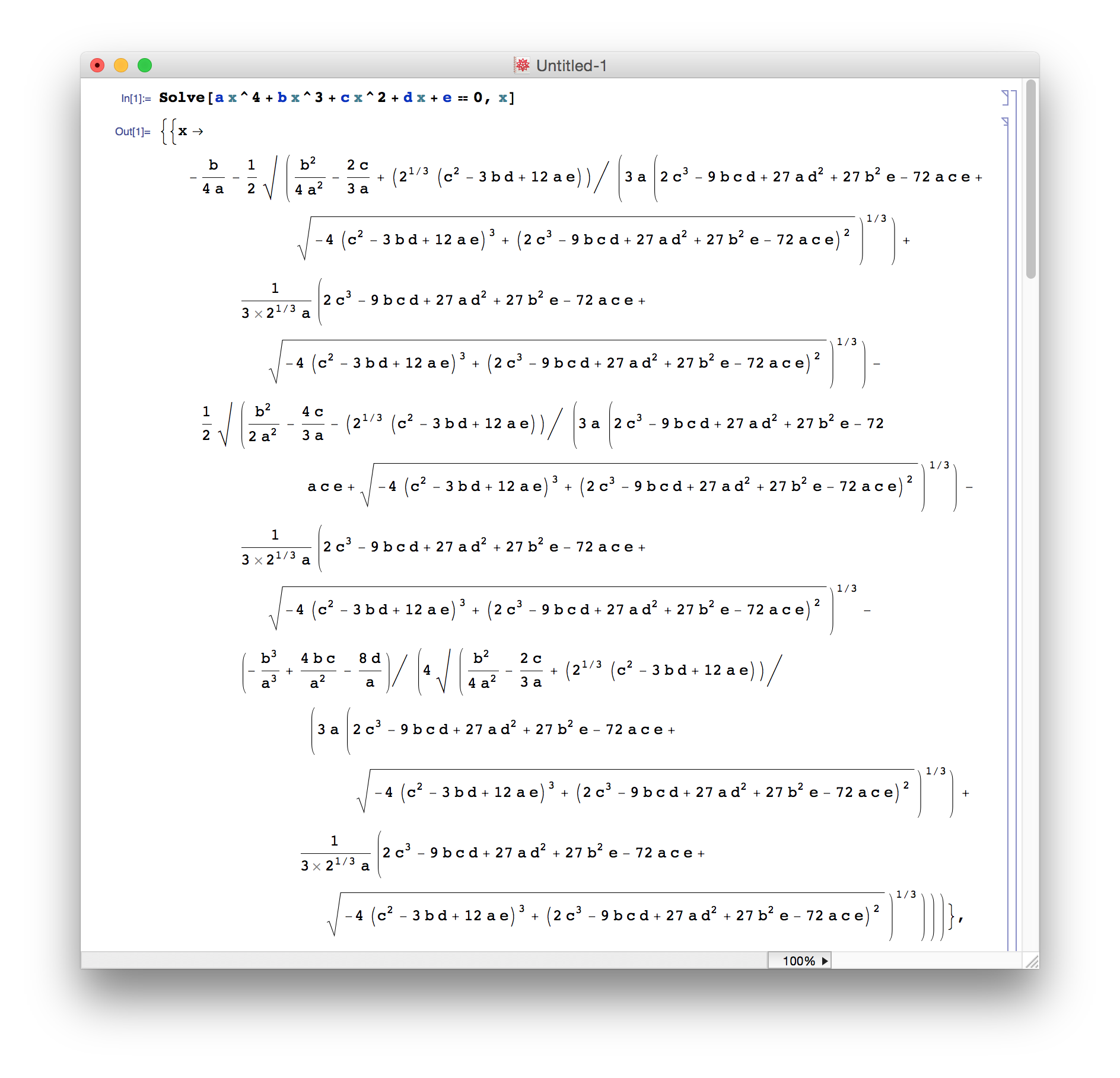You mentioned that you showed this to class of engineering freshmen, so I will answer this question as a former engineering freshman (now an engineering junior).
Short answer, yes. Wolfram Alpha is very helpful for basic things like solving simple differential equations and complicated integrals. However, like many have said, tests are a different story. As an example, I took differential equations last semester and was allowed to solve the homework however I wanted, but on the exams all I could use was a pencil. We didn't even get a table of Laplace transforms!
Furthermore, in two short years these freshman will be doing things that Alpha can't handle, such as solving systems of four or more nonlinear equations, as a regular part of their homework. I used Alpha extensively in high school and as a college freshman; now I almost never use it. I use MathCAD or something more powerful (ex I recently solved a large homework problem involving heat exchanger design by writing my own C++ code).
Last, as some others have pointed out, math is not the hardest part of engineering. Arguably more important is developing a physical intuition about what the math actually means. For example, in heat transfer, when I check my work with other students or a TA almost all my errors involve the physics or the assumptions behind the equations. Sometimes they're subtle, such as using the wrong temperature of air to get properties to calculate a convection coefficient, or using diameter instead of radius as the critical length to calculate a Biot number. None of them are the sort of thing Wolfram Alpha, or indeed any computational math tool, could help me with.
In summary, the goal of engineering is problem-solving, and math is one of the tools that is used to solve problems but not the only one. Wolfram Alpha is one tool to help students learn math, but it's not the only one. For elementary calculus, I think it's extremely helpful.

